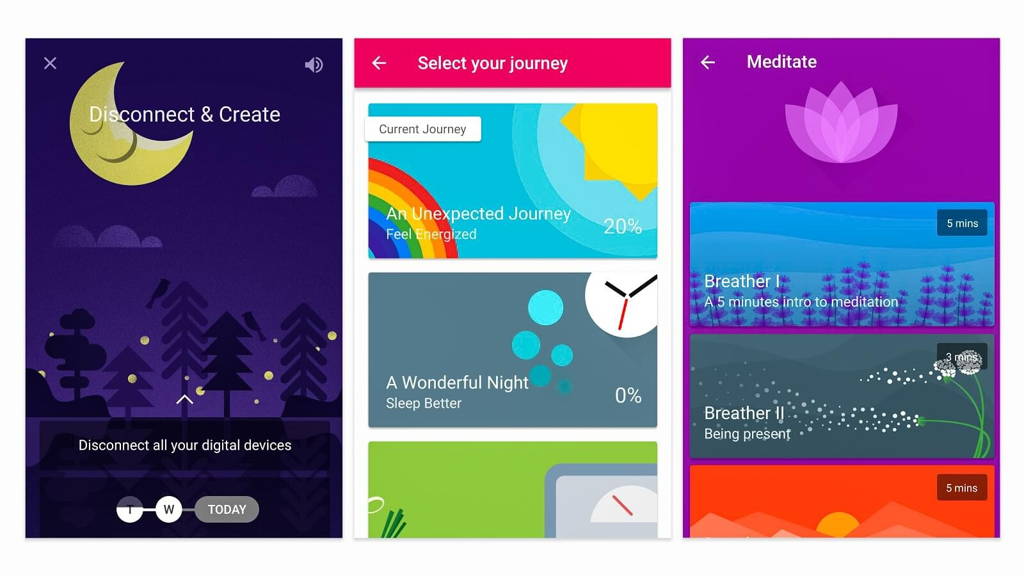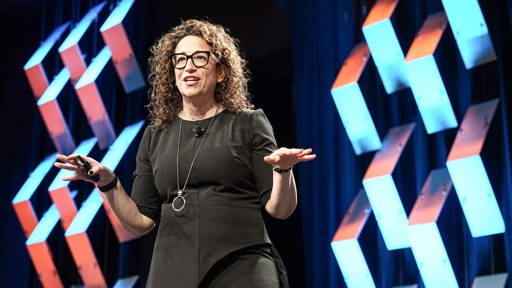Heart failure affects nearly 5.7 million adults in the U.S. alone. With CONNECT-HF, Duke wants to find out what exactly is the best way to care for these people. The trial focusses on people who have already left the hospital after suffering from heart failure. They often have a lot on their mind while managing their health, including remembering to take medications, changing diet and exercise and visiting a physician. CONNECT-HF should help determine whether or not mobile devices are effective tools when managing all this.
Healthstar offers users rewards when reaching a goal, and lets users create a personalized program. It is focussed on creating habits and changing behaviour. Fabulous, on the other hand, was developed in Duke's Behavioral Economics Lab and takes users on a personal journey. It helps with setting goals and creating new rituals around those goals — for example taking medication daily.
Evaluating mobile health applications
Duke plans on starting the trial with 8.000 patients across 160 hospitals. Participants are expected to take part in the study for one year. During the trial, they will be evaluating two new mobile health applications, HealthStar and Fabulous.Healthstar offers users rewards when reaching a goal, and lets users create a personalized program. It is focussed on creating habits and changing behaviour. Fabulous, on the other hand, was developed in Duke's Behavioral Economics Lab and takes users on a personal journey. It helps with setting goals and creating new rituals around those goals — for example taking medication daily.
Four phone calls to evaluate
Participants will have about four phone calls with the research team throughout the year. During these phone calls, at 6 weeks and 3, 6, and 12 months after discharge, they will undergo a Quality of Life assessment and answer questions about medication use, their health and whether or not they have been admitted to the hospital again.
The rest of the year, the participants are expected to use their mobile device to learn more about heart failure, and to use ideas and tips for how to take care of themselves once they have left the hospital.
When developing the trial, Duke took suggestions from the so-called Cardi-Yacks, a group of heart failure patients. The Cardi-Yacks shared their experiences, provided information about living with heart failure and helped in the design of the study. Duke Clinical Research Institute took advice from behavioural economists from their Center for Advanced Hindsight as well. The trial is funded by an independent investigator grant from Novartis.
The rest of the year, the participants are expected to use their mobile device to learn more about heart failure, and to use ideas and tips for how to take care of themselves once they have left the hospital.
When developing the trial, Duke took suggestions from the so-called Cardi-Yacks, a group of heart failure patients. The Cardi-Yacks shared their experiences, provided information about living with heart failure and helped in the design of the study. Duke Clinical Research Institute took advice from behavioural economists from their Center for Advanced Hindsight as well. The trial is funded by an independent investigator grant from Novartis.








